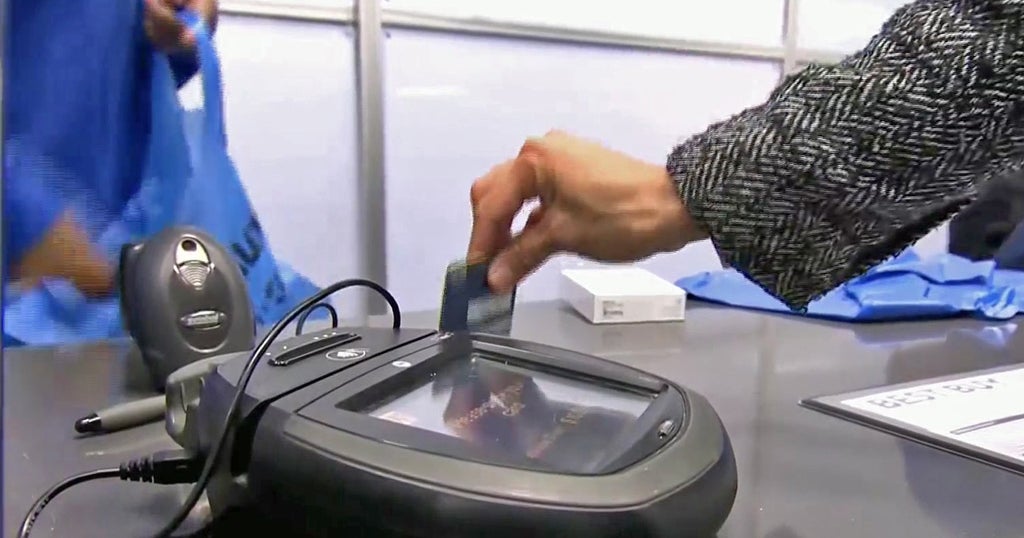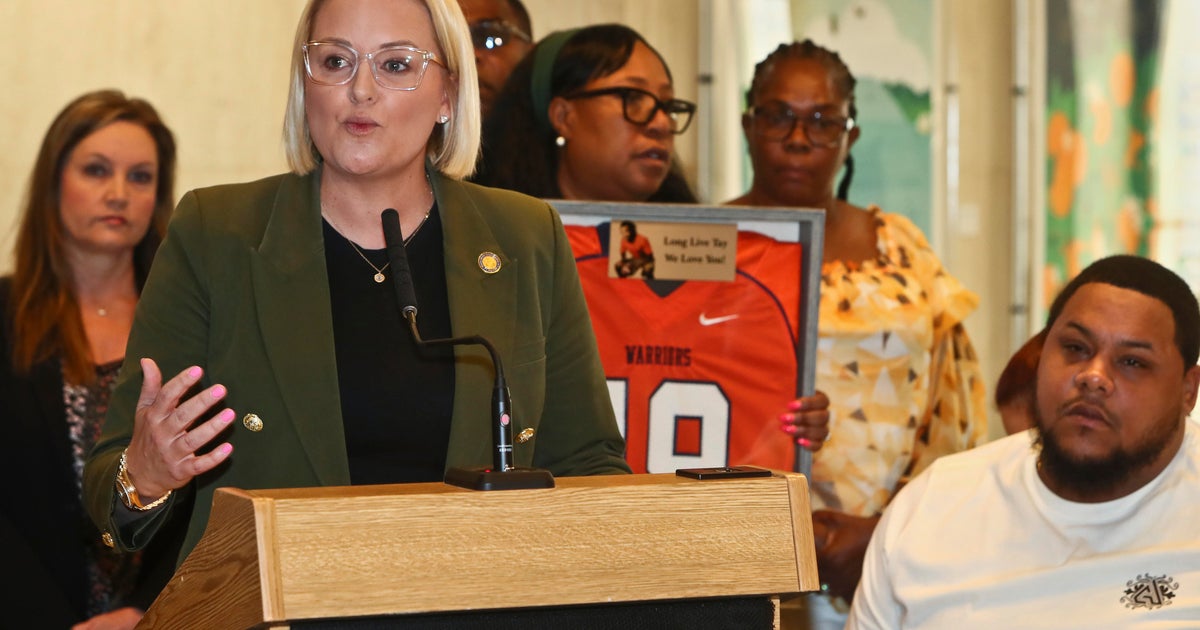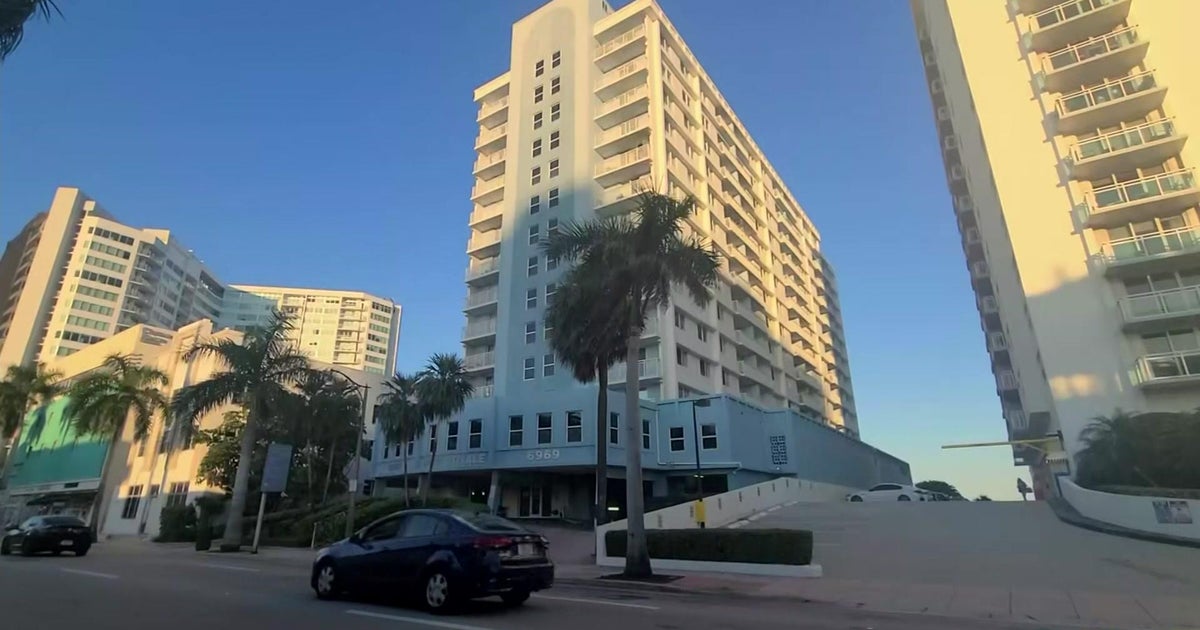Justices Asked To Rule On Florida Credit Card Law
Follow CBSMIAMI.COM: Facebook | Twitter
TALLAHASSEE (CBSMiami/NSF) – Attorney General Pam Bondi is asking the U.S. Supreme Court to take up a dispute about the constitutionality of a Florida law that has blocked businesses from imposing surcharges on customers who pay with credit cards.
A divided 11th U.S. Circuit Court of Appeals ruled last year that the longstanding law is unconstitutional because it violates the First Amendment. The appeals court said Florida allows businesses to offer discounts to customers who pay with cash but does not allow surcharges for credit-card purchases --- a situation the majority opinion likened to "distinctions in search of a difference."
But in a petition filed last month, Bondi's office asked the U.S. Supreme Court to hear the case. The petition argued that the law deals with a "pricing practice" and is not a free-speech issue.
"This (Supreme) Court's intervention is necessary to correct the 11th Circuit's contravention of a well-established axiom of First Amendment law: Regulations of economic conduct do not implicate the First Amendment," the 28-page petition said. "The surcharge statute, by prohibiting a particular pricing practice, is just such a regulation. If allowed to remain, the 11th Circuit's holding to the contrary will obscure the bright line that this (Supreme) Court has drawn between speech and economic conduct and … will cast a First Amendment cloud over a variety of economic regulations."
The case was filed in 2014 by four businesses that had received "cease-and-desist" letters from the state related to alleged violations of the credit-card surcharge law, according to the appeals-court ruling. The businesses were Dana's Railroad Supply in Spring Hill, TM Jewelry LLC in Key West, Tallahassee Discount Furniture in Tallahassee and Cook's Sportland in Venice. The law says violators can face second-degree misdemeanor charges.
A federal district judge sided with Bondi's office and dismissed the case, but a panel of the appeals court, in a 2-1 ruling, found the law unconstitutional. The full appeals court in January declined to hear the case.
In the panel's majority opinion, Judge Gerald Tjoflat wrote that the law "directly targets speech to indirectly affect commercial behavior. It does so by discriminating on the basis of the speech's content, the identity of the speaker, and the message being expressed."
"Tautologically speaking, surcharges and discounts are nothing more than two sides of the same coin; a surcharge is simply a 'negative' discount, and a discount is a 'negative' surcharge," Tjoflat wrote. "As a result, a merchant who offers the same product at two prices --- a lower price for customers paying cash and a higher price for those using credit cards --- is allowed to offer a discount for cash while a simple slip of the tongue calling the same price difference a surcharge runs the risk of being fined and imprisoned."
But in the petition filed with the U.S. Supreme Court, Bondi's office argued that the appeals-court decision conflicted with rulings that upheld similar surcharge laws in New York and Texas.
"The 11th Circuit is the only federal court of appeals in the country to have struck down a law of this kind; this (Supreme) Court's review is required to resolve a square conflict between the circuits; that circuit split implicates an important question of First Amendment law; and this case provides an appropriate vehicle for resolving the circuit split," said the petition, posted on the website SCOTUSblog.
The businesses that challenged the law are expected to file a response to the petition by Aug. 8, according to an online docket. The Supreme Court agrees to hear only a fraction of the petitions it receives each year.
The News Service of Florida's Jim Saunders contributed to this report.



